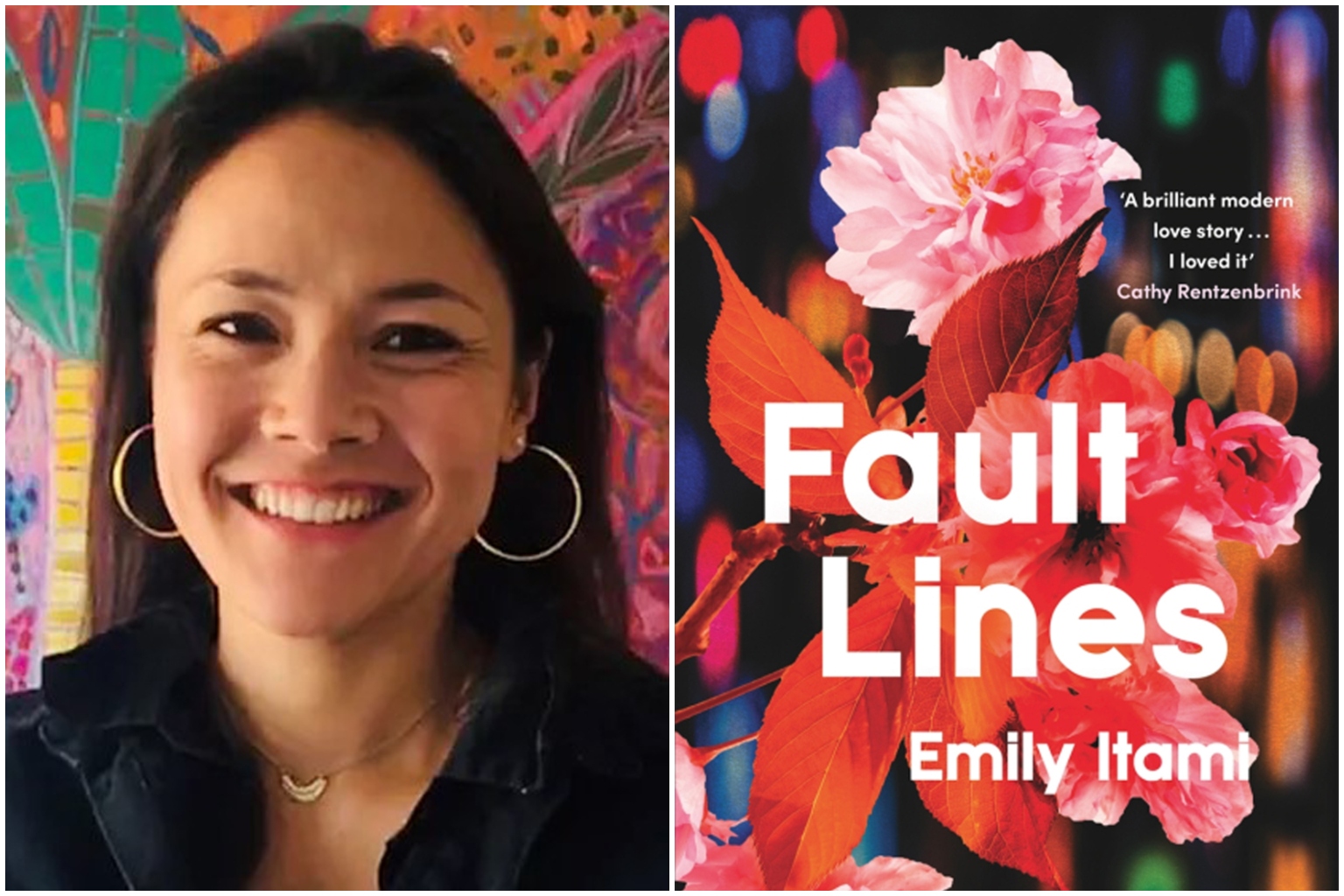Book review: In Emily Itami's debut, a Tokyo wife hates her perfect marriage
Sign up now: Get ST's newsletters delivered to your inbox

In Fault Lines, Emily Itami peers beneath the polite masks donned in a long marriage.
PHOTOS: EMILY ITAMI, ORION
Fault Lines
Fault Lines is a riveting modern-day love story of a marriage gone stale.
A mother lusts after the electrifying pulse of romance that has eluded her since the birth of her two children and the promotion of her workaholic husband.
Emily Itami, a debut novelist who grew up in Tokyo and is now based in London, captures with faultless precision the buzz of Japan's capital, warts and all - from the pressure-cooker hustle and bustle to the societal compulsion to conform.
Mizuki, a former bar singer who spent an impressionable year on exchange in New York as a teenager, hates the cookie-cutter mould that she feels pressured to fit into.
She instinctively knows that her life would seem perfect to any outsider: She lives in one of Japan's wealthiest neighbourhoods and has a handsome husband of 16 years, Tatsuya, and two cute children - Eri, 10, and Aki, four.
Nevertheless, she believes that leaping from her 32nd-storey apartment would be preferable to another day spent in the thankless job of cleaning up after her family.
She says: "I know how lucky I am. I know that any kind of whingeing is one major first-world sulk. From now on, I'm going to be happy, shut up all my demons and make everyone around me smile."
Her resolve quickly erodes. A chance encounter with Kiyoshi, a successful restaurateur with whom she instantly clicks, makes her rediscover the possibilities of freedom and romance.
Unlike Tatsuya, Kiyoshi listens to her during their "non-dates" and makes her feel truly seen.
In the hands of a lesser writer, Fault Lines - the title alludes both to the yawning gap in a long marriage as well as Japan's earthquake vulnerability that inevitably rears its head in the plot - might be a cringe-worthy read about rich people's problems.
But Itami renders it a transportive, lyrical love letter to Japan, from the sand dunes of rural Tottori to the glitzy glamour of Omotesando to the bewitching cherry blossoms that line the Meguro River in spring.
It is also a very realistic character study of very ordinary people, all of them inherently good yet flawed. Despite the themes of infidelity, Itami passes no judgment and even makes the reader empathise with their motivations.
She peers beneath the polite masks donned in a long marriage. Much of this is narrated by the neurotic, witty voice in Mizuki's head: "Is it normal to fluctuate so quickly between feeling tender toward your husband and fervently wishing him a violent death?"
You cannot hate any of these characters - not Mizuki for her choices in search of an epiphany; nor Tatsuya, who is not a monster but is trying to make the marriage work in his own awkward way; nor Kiyoshi for the confidence instilled by his success in life.
There are neither heroes nor villains in this relatable everyday story. The unsettling thing is, anyone could be one of them.
If you like this, read: Strange Weather In Tokyo by Hiromi Kawakami, translated by Allison Markin Powell (Granta, 2001, reissued 2020, $17.95, available here). Tsukiko, a lonely single woman in her 30s, feels a spark when she encounters a former high school teacher, now a widower. Their friendship deepens over non-dates and arguments in the gourmand's paradise that is Tokyo.
This article contains affiliate links. If you buy through these links, we may earn a small commission.


